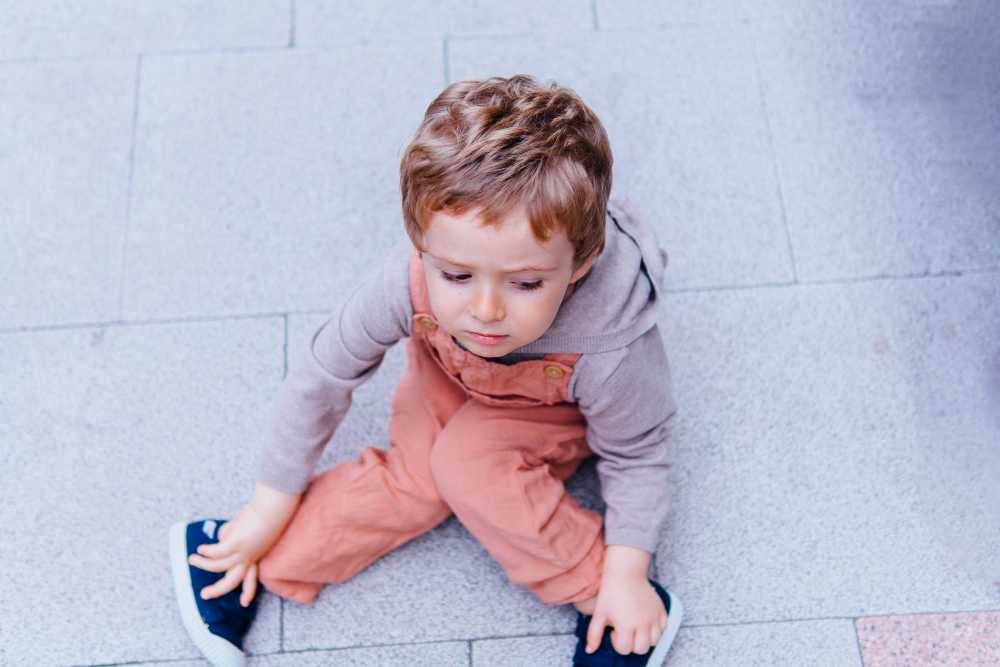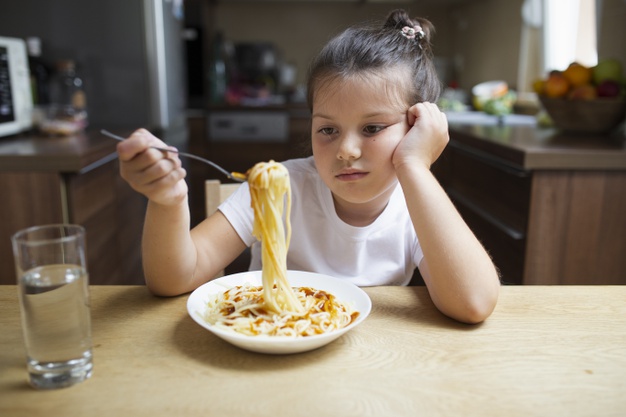The possible reasons behind your child’s misbehavior
It is no surprise to observe backlashes, disrespect, mocking, aggression or unsuitable behaviour from children at some point in life, especially adolescence.
At times, it becomes alarming, especially when you see such behaviour for the first time, or when it comes at a point when it is least expected. Whatever the situation is, the behaviour becomes a matter of concern for the parents and those around the child. We bring to you some possible causes that could be responsible for triggering a reaction instead of a response and how they can be worked upon.
That said, the potential causes for such behaviour could be:
1. Factors that can influence moods and behaviours
The present circumstances any be different for you but very different for your child. While you may not find anything objectionable about the way things are, the child’s perspective is always unprecedented and different. There might be something disturbing about the present scenario that is messing with the child’s mind, which brings out a disturbing reaction in the form of disrespect.
2. Cultural, gender and generational biases
Any biases in the child’s environment that make them feel inferior or mess with their nascent sense of self can lead to mental built up and can find unhealthy expression in everyday conversations.
3. Illness
If your child is suffering from an ailment, then evident irritability in their behaviour can be expected for a healthy mind only resides in a healthy body.
4. Home influence
Even though you may not have explicitly disrespected your partner or any other member of the family or community in your child’s presence, but there are other forms in which one can disrespect somebody. Your behaviour is very likely to be picked up by your child unconsciously or subconsciously and it can then find an outlet at the most unexpected of times.
5. Bullying/History of unresolved trauma
Your child might be facing bullying in school or be troubled by an unresolved trauma that dates back to the formative years. Such events have an adverse effect on self-esteem and can trigger disrespectful behaviour including shouting and talking back form of regaining control of the self.
6. Bad influences
Bad influences can include a rowdy friend circle where emotional intelligence is relegated to the level of toxic behaviours and backlashes. It can also include substance consumption and acting under the influence of substances.
7. How to work upon these issues?
After identifying the reasons behind your child’s troubled behaviour, it is necessary to resolve the issues that are bringing about this behaviour. Here are some methods that can aid the process of resolution.
– Leading by example is extremely important and if you practice what you preach, your child will automatically regard you highly and copy your behaviour. The first step towards teaching respect is giving respect, categorically.
– Giving love and affection to an individual is the ultimate and most potent form of healing. It is not until you sit with your child in peace and talk them through their day that you actually get to know what state they are in. This also makes them feel loved and important.
– It is often said that patience is the softest form of love. To manifest that, you should avoid any comparisons or conversations that make them feel ‘lesser’ of a person. Being patient with them while they’re undergoing healing is the key to change.
– Even though most people still believe that therapy should only be considered if the situation is extremely dire, it is not true. Anyone, no matter how ‘frivolous’ an issue they’re facing, can seek professional help because it helps one know oneself better and work on the self.
8. Praises
When you see change or take note of progress, it is imperative to encourage that behaviour by praising the child. It reaffirms their faith in what they’re doing and motivates them to practise more of it.
![]()









